Which is Better, Intermittent Fasting or a Well-Balanced Diet?
Everywhere you turn today; there is a lot of confusing and conflicting diet advice. For every expert saying that a particular diet is right for you, you will find someone else saying precisely the opposite.
People have tried many diets over the years, such as the GM diet, WW diet, Paleo diet, South Beach diet, Keto diet, and more. The reality is that while putting certain foods in your body may help you lose weight, the most significant thing is your nutrition. Replacing processed food with actual food (i.e., fruits, vegetables, nuts) whenever feasible, should be the backbone of a healthy diet.
Intermittent Fasting is the latest diet to have created a revolution in the wellness industry. So, is Intermittent Fasting a healthier choice than having a Well-balanced Diet?
Intermittent Fasting:
Fasting, as a practice, has been around for centuries. Most of us have knowingly or unknowingly fasted some time or another in our life. It could have been as simple as having an early dinner and then missing breakfast the next morning.
Intermittent fasting is not really a diet as much as it is a timed eating strategy. Intermittent fasting entails cycling between eating and fasting periods. In contrast to a diet plan that restricts the type of foods, intermittent fasting does not indicate what foods an individual should consume or eliminate. Intermittent fasting provides very few side effects to a well-nourished and healthy individual. People with medical problems, however, should consult their doctor before starting the program. The suggested health advantages include healthy weight loss, inflammation decrease, a better immune system, a stronger heart, and even longer life.
The most significant advantage of Intermittent Fasting is that there are no restrictions on the type or quantity of food an individual can consume. They can eat whatever they like. However, it is a good idea to follow a healthy, high-fiber, vegetable-rich diet during the eating periods to achieve health and weight loss objectives.
A Well-Balanced Diet:
Although some diets suggest otherwise, all of us need a proper balance of carbohydrates, fiber, fat, protein, minerals, and vitamins to maintain a healthy body and mind. You do not have to remove specific food categories from your diet but instead choose from each category for the healthiest alternatives.
For example, eating high fiber foods can improve your bowel movement, reduce your risk of cardiovascular illness, diabetes, and stroke. It can also make your skin glow and help you reduce excess weight. Protein, on the other hand, provides you the energy to keep going while improving mood and cognitive function. Not all fats are bad as certain fats protect your heart and brain. Similarly, the other food categories are also beneficial to the body in some way or the other. Eating a healthy, well-balanced diet implies eating a range of foods in the recommended quantities from each of the five food groups (cereals, vegetables, fruits, dairy, and meat) per day. Consuming a wide variety of foods through a well-balanced diet helps increase immunity and reduces the risk of different diseases.
While Intermittent Fasting is, without a doubt, a popular trend, it is important to keep in mind that it may not be right for everybody. Take a moment instead to learn what is right for you by talking to a qualified nutritionist who can give you sound advice. Eating healthy does not have to be complicated. So, whichever diet you decide to follow, you need to make sure it is the one that will help you be the healthiest version of yourself.


